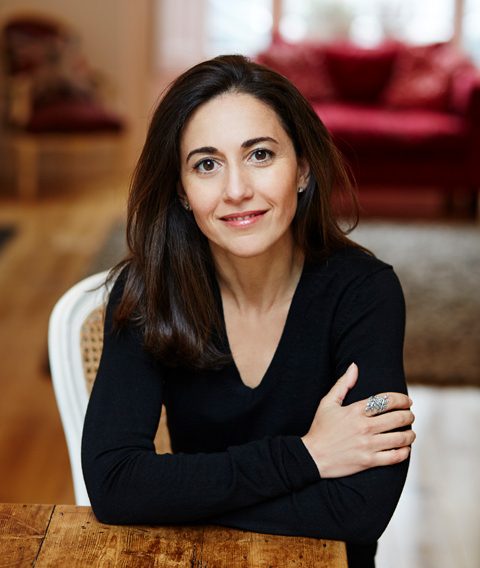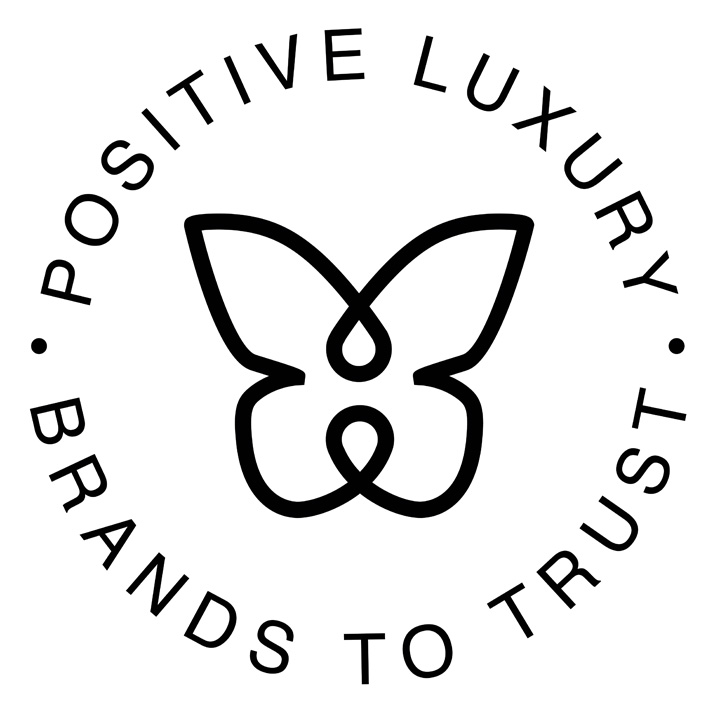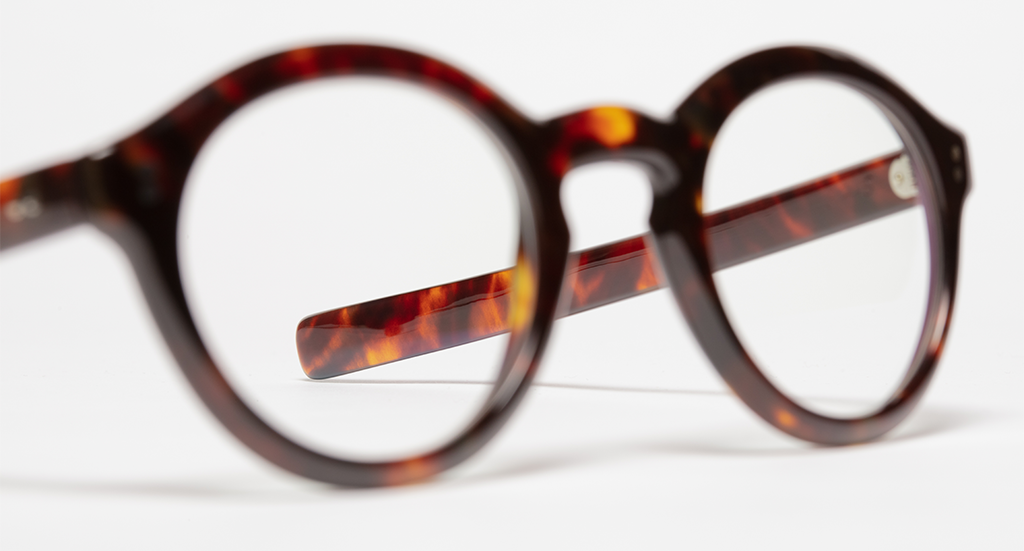Positive Luxury
CEO Interview with Diana Verde Nieto
Positive Luxury – Shaping sustainable luxury brands


Diana Verde Nieto x TEC
»It is only by thinking the impossible, the possible can happen.«
Before we talk about Positive Luxury, we’d love to get to know you a little better. How has your background and upbringing influenced your path to sustainability?
I was born and raised in Argentina and lived there until I was 23 years old. Growing up in Argentina in those times meant growing up during a dictatorship, and that really shaped me. Argentina is a country where hyper-inflation is the norm, the business world for women is a tough one, and you never know how long the respective president will actually stay in office.
In other words: I’ve seen it all, really. I come from a family of entrepreneurs, so I understood from a very early age that you reap what you sow. Especially growing up under a dictatorship has made me very aware of human rights, social justice and everything related to it. When I came to the UK, I discovered many opportunities to engage professionally with social and environmental issues, but I realised eventually that the sustainability approach combines all these important aspects in one.
Before you started at Positive Luxury, you established your own sustainable communications consultancy (which you sold successfully later on), so you started very early in this context. It must have been very difficult at the beginning to get the message across and reach people’s minds and hearts?
Yes, absolutely, I started my first consultancy company in 2002 and it seemed like mission impossible at the time to build a business base in sustainability principals. And even in 2011/2012, at the beginning of Positive Luxury, still businesses needed a lot of convincing…
When we started, the narrative was not what it is today. Companies and especially luxury brands didn’t want disclosure. Business as usual will lead to a future without hope, so that is really not an option.

»The house is on fire and we can’t put it out just by giving lectures…
we need collective action.«
Are there any role models for you that stand out?
The people I look up to are John Elkington (environmentalist, serial entrepreneur and author), Jonathon Porritt (environmentalist and author) and Gro Harlem Brundtland (former prime minister of Norway in the 80s and 90s) for example.
I admire those who addressed the urgency of climate change and sustainability 40 and 50 years ago but never gave up trying. Right now, we only have 10 to 20 years to change. The house is on fire and we can’t put it out just by giving lectures, we need collective action. We need to reframe the narrative to be successful, and the time is now. It is only by thinking the impossible, the possible can happen. And our path to sustainability is exactly that.
Could you describe in a nutshell what kind of process a company or a brand has to go through to be part of Positive Luxury and get the Butterfly Mark?
The first and most important precondition is a true commitment to sustainability at the executive level. The second step is to build a cross-functional team within the company that will manage the transformational change to a sustainability culture from commerce, to R&D and innovation. We onboard them and equip them to understand the impact sustainable action has for every function of their business and how to take action.
The main part is the access to the Positive Luxury certification assessment which we designed in partnership with a myriad of NGO, academia and business like the UN Environmental programme, BSI, Capitals Coalition, MIT, Cambridge Sustainability Institute etc.
This consultative approach ensures that the assessment reflects the highest standard possible by respecting local and international law, as well as both industry-specific issues and innovations. In addition to that we keep our partners updated every six-months to be aligned with the latest developments in legislation because it is, at last, moving super-fast.

Can you briefly explain how the analysis is structured thematically?
Our assessment is routed on ESG+ metrics (environmental social governance and innovation). We understand that change will only happen if the system changes, so that’s why we also take the suppliers into account. Unless we have them on board, or at least the key suppliers, the companies can’t reduce their impact. So, we actually help companies to engage suppliers which is one of the most important things to do.
Together with Bain & Company you published the report ‘LuxCo2030: A Vision of Sustainable Luxury’. What are the key messages?
We started this project with the question ‘How can you have positive growth in times like this?’ and ‘How to decouple growth from volume?’ We started to challenge convention and envisioned how a company could boldly create economic value from sustainability and a more service-orientated perspective.
For example, we identified circular business models such as resale and rental to gain future sales without an increase in the volume of items manufactured each year. So we drew on our research to paint a picture of what a leading luxury brand should look like in 2030. It must have sustainability, diversity and inclusion at its heart, transversally embedded in the company.
What are your plans for Positive Luxury?
We will keep growing our business in North America and we’re thinking about expanding in Asia as going east is definitely the way forward. Especially after Covid, the world is transformation in terms of innovation, governance and legislation.
This will lead to a crossroads between the traditional luxury of wasteful opulence and positive luxury, mindful, beautiful and delivering a positive positive impact to our planet and communities. After so many years of working in this sustainability context I really feel that all the little sparks of our work are finally going to ignite a global fire of change for the better.
.
So, are we now at a tipping point?
Yes, I really think so, there is no way back. Remember the times when digitalisation was in its early stages? Nobody imagined that the world would never be the same again and then suddenly, everything changed. It will happen, it’s just a matter of time and pace.

You are also a ‘Young Global Leader at the World Economic Forum’. Is this forum of people aware of the urgency of our global situation?
Absolutely! I was nominated as a Young Global Leader many years ago and that is a community of amazing people like Marissa Meyer (former CEO of Yahoo), David Mayer de Rothschild (a British adventurer, ecologist, and environmentalist), George Kern (CEO of Breitling) and people like Crown Princess Mette-Marit and Crown Prince Haakon of Norway for example. So the gatherings of this particular community are always really inspiring and give reason to be hopeful.
Thank you very much, Diana!






Join our Community